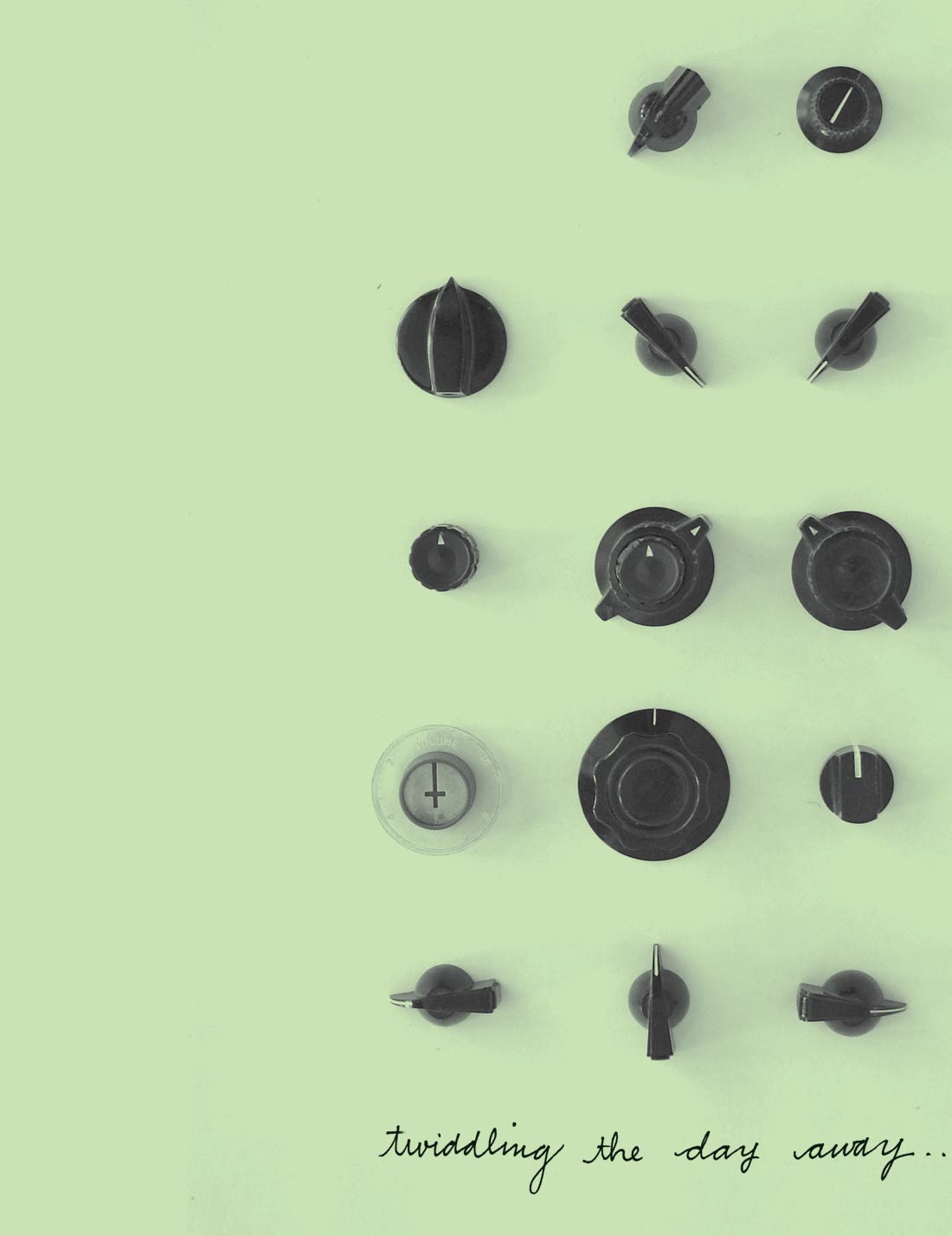About two years ago, I received a Buzz Audio MA-2.2 preamp to review for Tape Op (#57). After a while of using this preamp for the review, I fell in love with it, but by the time I had to return it, I had just budgeted for a few high-priced items on my wish list, so the MA-2.2 had to wait. Soon after, I heard some "buzz" (sorry-I really tried not to, but it's true) about the Elixir preamp. The idea of a fully-discrete Class A preamp similar to the MA-2.2 in an API 500-series format was quite appealing to me. As I am a huge API 500 fanatic, I did some research and ordered a pair to try on some impending live classical recordings for which I was hired.
Let's just say that the Elixir totally delivered. I'll start with some of the key points from my MA-2.2 review and expand. I liked that the MA-2.2 was an extremely fast and clear preamp (similar to the Syteks that I love so much) but with an extended bottom end and a slightly smoother type of clarity. The Elixir is very similar, except that the use of a Lundahl LL1517 output transformer lends itself to an even heftier low end than what I heard with the Sowter-equipped MA-2.2 I tested. (Lundahl or Sowter output transformers are optional on the MA-2.2. The Elixir is Lundahl-only.) While at first, this might make one wary of a mushy sound or some loss of clarity, let me assure you that this is not the case. The Elixir just seems a little happier to blast the low frequencies through in the most flattering manner possible. While I'm perfectly happy with the clarity of some of the more "hi-fi" preamps like Millennia or Hardy, I often find them less exciting on upright bass or bass guitar than something like an API, Neve, etc. The Buzz Elixir is the total breakthrough for me in this department. I find that having them next to my APIs gives me a lovely choice of extra flattery for whatever type of bass that I'm recording. Most still sound great with the APIs, but there's an equal chance for either of these preamps to win out in a given situation. The same goes for the 1/4" DI input on the front panel, which gives the same kind of solid, clear, and large sound to the source.
For close mics on a drum kit, my personal preference is for the slower (slew rate), classic stuff, so I wasn't totally floored by the Elixir, but for everything else, I found it above and beyond exceptional. It sounds outrageous on overhead or ambient drum mics, and I regularly use it on horns, bass, electric guitar, acoustic guitar, piano, organ, vocals, percussion, and pretty much any type of ambient mic'ing in general. It's fast, capturing transient response with beautiful detail, while sounding very large at the same time. Features-wise, it has lots of useful stuff like a mute switch, polarity reversal, 20 dB pad, phantom power, decent metering, impedance selectors for the mic input (1200 or 4000 Ohms) and DI (1M or 20k Ohms)-in addition to tons of quiet gain and headroom. It draws more current (150 mA) than most other 500-series units, so make sure your rack's power supply can handle the number of Elixirs you want to add. At a street price of around $755, the Buzz Elixir is an excellent value for one of the most versatile mic preamps on the market today.
($975 MSRP; www.buzzaudio.com)
Tape Op is a bi-monthly magazine devoted to the art of record making.




_disp_horizontal_bw.jpg)